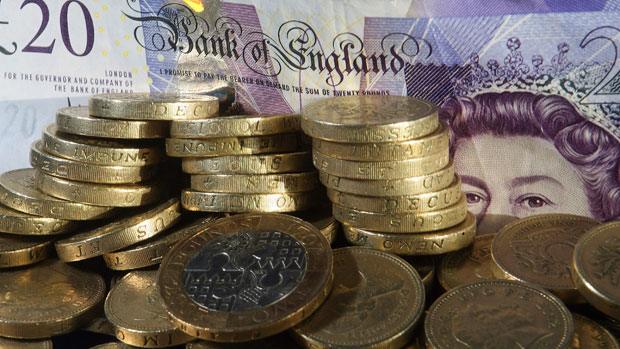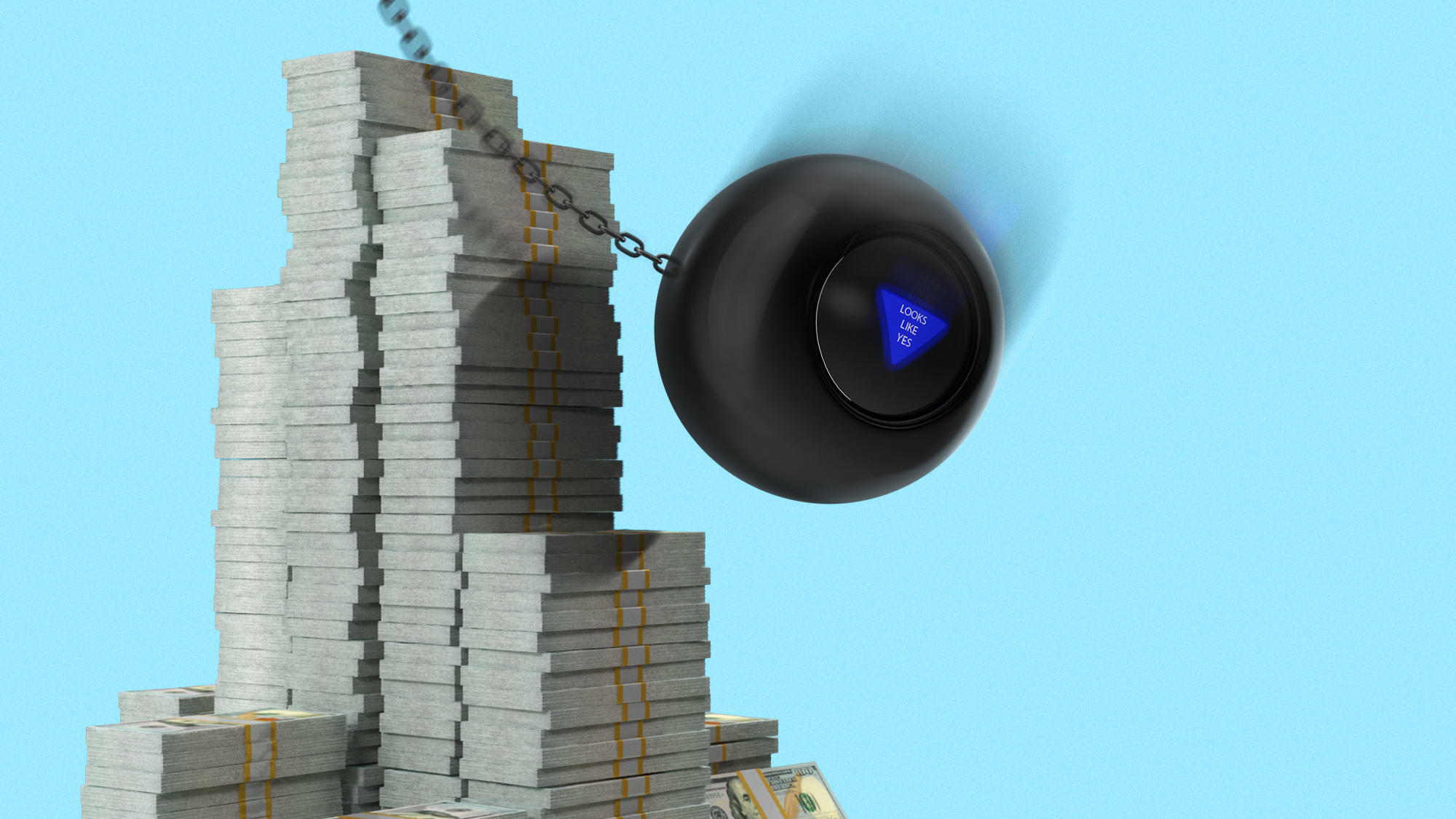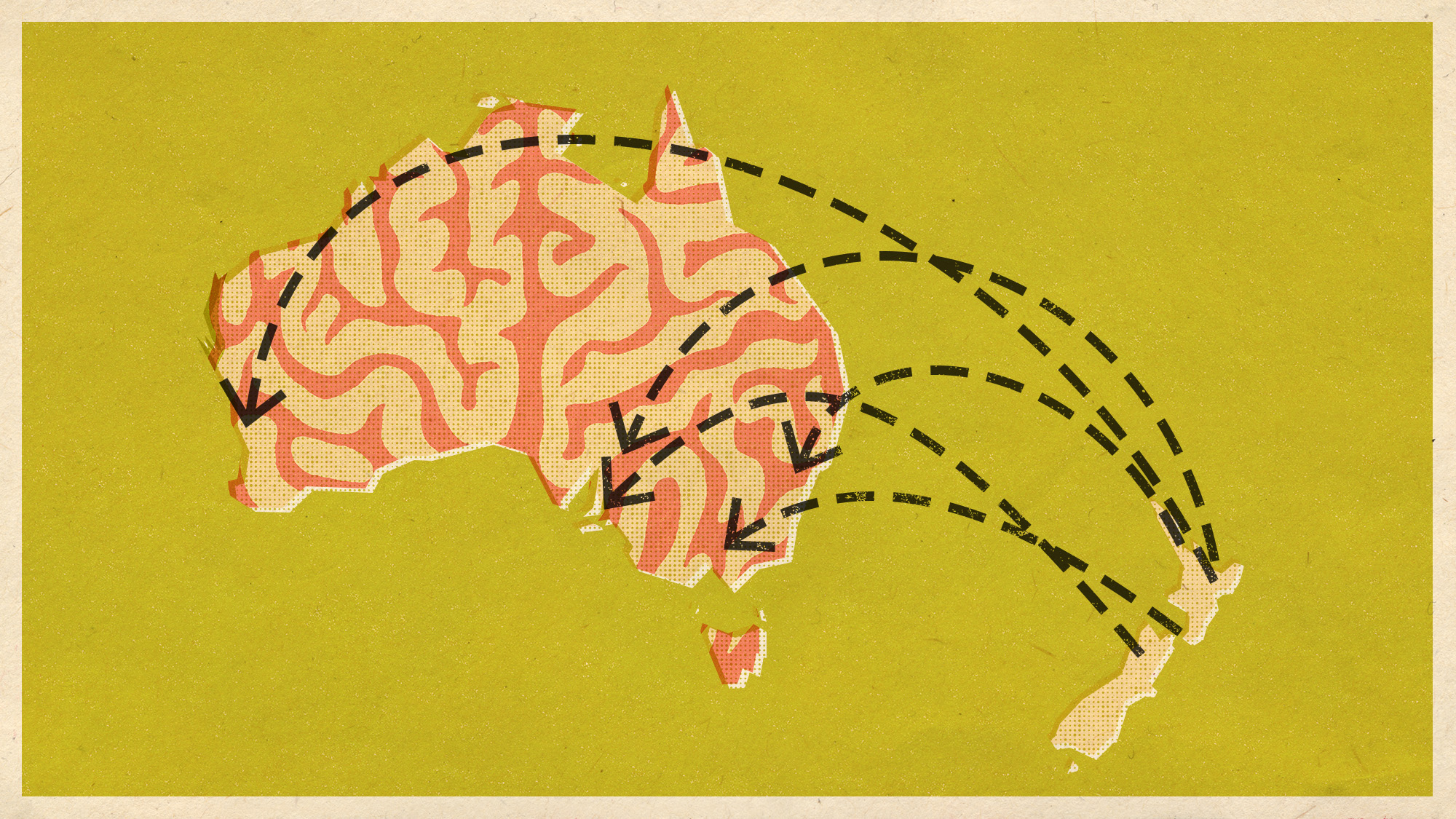UK recession fears mount after slew of weak data
Country experiences second-steepest fall in output since the financial crisis

A free daily email with the biggest news stories of the day – and the best features from TheWeek.com
You are now subscribed
Your newsletter sign-up was successful
Fears of a new recession are rising after data firm IHS Markit warned that the UK private sector weakened in June, suggesting the economy may have contracted in the last quarter.
Service providers have reported that business activity was “close to stagnation” last month. As a result, the Services Purchasing Managers' Index (PMI), which tracks activity in the sector, fell to 50.1, down from 51 in May.
The Guardian says that the “worse news” is that manufacturing and construction both contracted last month, and that when you add in the services data, “it appears that the UK private sector shrank in June for the first time since 2016”.
The Week
Escape your echo chamber. Get the facts behind the news, plus analysis from multiple perspectives.

Sign up for The Week's Free Newsletters
From our morning news briefing to a weekly Good News Newsletter, get the best of The Week delivered directly to your inbox.
From our morning news briefing to a weekly Good News Newsletter, get the best of The Week delivered directly to your inbox.
It adds: “This suggests that the uncertainty created by Brexit means the UK economy shrank by 0.1% in the last quarter - putting it half-way into a full-blown recession.”
Sky News says the latest data “suggests uncertainty is gripping the economy with little sign of a pick-up ahead”, while Reuters adds that “worries about Brexit were compounded by global trade tensions” during the three months.
Chris Williamson, chief business economist at IHS Markit, said the economy had suffered “the second-steepest fall in output since the global financial crisis in April 2009”.
The analyst does not paint a pretty picture moving forward, either. He says “Brexit-related uncertainty has increasingly exacerbated the impact of a broader global economic slowdown” and warns that “sentiment about the year ahead is worryingly subdued, suggesting the third quarter could see businesses continue to struggle”.
A free daily email with the biggest news stories of the day – and the best features from TheWeek.com
As Boris Johnson and Jeremy Hunt battle to become prime minister, Ranko Berich, head of market analysis at Monex Europe, warns that the winner will be walking into a huge economic challenge.
“Whoever ends up in No. 10 will inherit an economy on the brink of contraction - and will have very limited margin for error in the next phase of the Brexit mess,” says Berich.
Nick Kilbey, sales trader at Foenix Partners, says simply that the new data paints a “woeful” picture for the British economy.
-
 The environmental cost of GLP-1s
The environmental cost of GLP-1sThe explainer Producing the drugs is a dirty process
-
 Greenland’s capital becomes ground zero for the country’s diplomatic straits
Greenland’s capital becomes ground zero for the country’s diplomatic straitsIN THE SPOTLIGHT A flurry of new consular activity in Nuuk shows how important Greenland has become to Europeans’ anxiety about American imperialism
-
 ‘This is something that happens all too often’
‘This is something that happens all too often’Instant Opinion Opinion, comment and editorials of the day
-
 Is the US in a hiring recession?
Is the US in a hiring recession?Today's Big Question The economy is growing. Job openings are not.
-
 Is the UK headed for recession?
Is the UK headed for recession?Today’s Big Question Sluggish growth and rising unemployment are ringing alarm bells for economists
-
 Why has America’s economy gone K-shaped?
Why has America’s economy gone K-shaped?Today's Big Question The rich are doing well. Everybody else is scrimping.
-
 Is the US in recession?
Is the US in recession?Today's Big Question ‘Unofficial signals’ are flashing red
-
 Doing the hustle: Are side gigs a sign of impending recession?
Doing the hustle: Are side gigs a sign of impending recession?In the Spotlight More workers are 'padding their finances while they can'
-
 Frozen pizza sales could be a key indicator of a recession
Frozen pizza sales could be a key indicator of a recessionThe Explainer Sales of the item have been increasing since the pandemic
-
 Trump tariffs: five scenarios for the world's economy
Trump tariffs: five scenarios for the world's economyThe Explainer A US recession? A trade war with China? How 'Liberation Day' could realign the globe
-
 'Brain drain' fear as record numbers leave New Zealand
'Brain drain' fear as record numbers leave New ZealandUnder The Radar Neighbouring Australia is luring young workers with prospect of better jobs